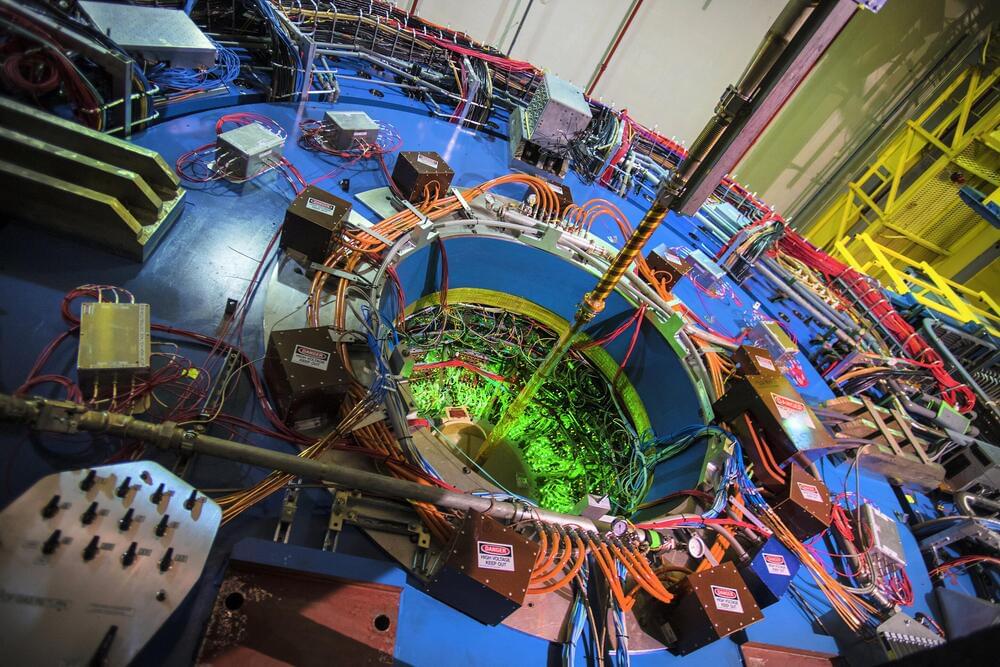The way electrons interact with photons of light is a vital part of many modern technologies, from lasers to solar panels to LEDs. But the interaction is inherently weak because of a major mismatch in scale: the wavelength of visible light is about 1,000 times larger than an electron, so the way the two things affect each other is limited by that disparity.
Now, researchers at The University of Hong Kong (HKU), MIT and other universities say they have come up with an innovative way to make more robust interactions between photons and electrons possible, that produces a hundredfold increase in the emission of light from a phenomenon called Smith-Purcell radiation. The findings have potential ramifications for both commercial applications and fundamental scientific research, although it will require more years of investigation to put into practice.
The findings are published in Nature by Dr. Yi Yang (Assistant Professor of the Department of Physics at HKU and a former postdoc at MIT), Dr. Charles Roques-carmes (Postdoctoral Associate at MIT) and Professors Marin Soljačić and John Joannopoulos (MIT professors). The research team also included Steven Kooi at MIT’s Institute for Soldier Nanotechnologies, Haoning Tang and Eric Mazur at Harvard University, Justin Beroz at MIT, and Ido Kaminer at Technion-Israel Institute of Technology.








